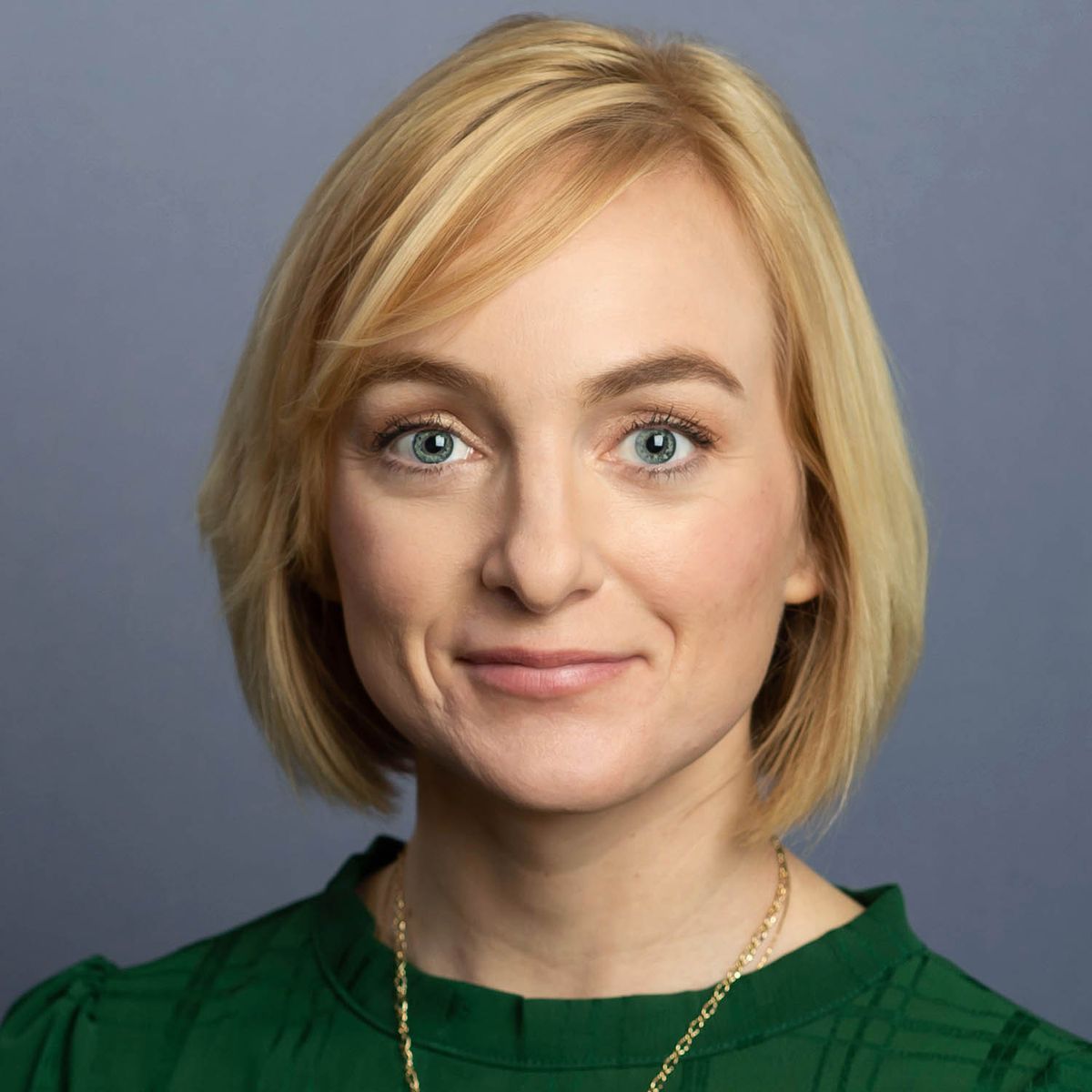Erin Burke Quinlan, Ph.D.
Acting Chief, Basic and Mechanistic Research in Complementary and Integrative Health Branch
Program Director, Basic and Mechanistic Research in Complementary and Integrative Health Branch
Erin Burke Quinlan, Ph.D., is the acting chief for the Basic and Mechanistic Research Branch of the Division of Extramural Research at the National Center for Complementary and Integrative Health (NCCIH). She oversees a portfolio of research grants investigating the neurobiological mechanisms of psychological approaches such as meditation and hypnosis. Dr. Burke Quinlan is also NCCIH’s liaison to the Brain Research through Advancing Innovative Neurotechnologies® (BRAIN) Initiative.
Prior to joining NCCIH, Dr. Burke Quinlan was the project coordinator of the large European IMAGEN research project, which used brain imaging and genetics to examine how biological, psychological, and environmental factors during adolescence may influence brain development and mental health, at King’s College London (KCL). During this time, she was also a lecturer in the Social, Genetic, and Developmental Psychiatry Department based at the Institute of Psychiatry, Psychology, and Neuroscience at KCL. Her postdoctoral work at KCL used the IMAGEN dataset to understand how psychosocial stress impacts brain development and mental health.
Dr. Burke Quinlan obtained her Ph.D. in biomedical sciences from the University of California, Irvine, where she used multimodal neuroimaging to understand the neural mechanisms related to motor improvement with rehabilitation after stroke. She also earned her B.S. in neurobiology from the University of California, Irvine.
